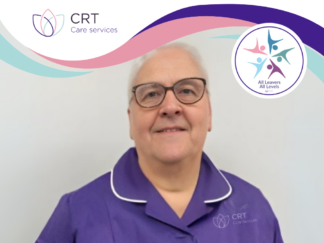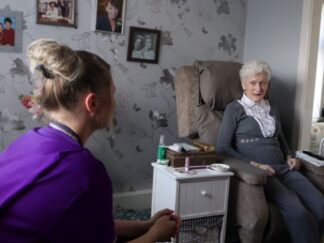
Health literacy is defined as “being able to access, understand, check and use information to make choices about health.” Studies have shown that the health information used today is written in a way too complex that 43% of adults aged 16-65 can’t understand. This figure then rises to 61% for when the health information includes numeracy.
What are the effects of having low health literacy?
When a person struggles to understand health information, they are more likely to suffer from a long-term health condition, struggle to take medication correctly as well as struggling to look after their own health, which can lead to serious issues and consequences.
This all has a knock-on effect on the healthcare system resulting in missed appointments, longer waiting lists and the wrong services being used. This all results in more pressure on the system and costing the NHS more money.
Tips to help when struggling to understand Health Literacy:
- Involve Family and Friends: Discuss health information with your loved ones. They can provide emotional support, help you understand complex instructions, and even attend appointments with you. Together, you can navigate health-related challenges more effectively.
- Repeat Instructions: When receiving instructions, repeat them back to your healthcare provider in your own words. This ensures that you’ve understood correctly. If not, they can clarify further.
- Break Down the Information: Break down complex information into smaller chunks. Confirm your understanding after each segment. This approach prevents overwhelm and promotes better retention.
- Seek Plain Language: Look for health materials written in plain, straightforward language. Avoid jargon-heavy content. If something is unclear, ask for simpler explanations.
- Feedback Matters: Provide feedback to healthcare professionals. Let them know if their communication style works for you or if adjustments are needed.
Information taken from:
https://www.hee.nhs.uk/our-work/knowledge-library-services/improving-health-literacy
Our partners































